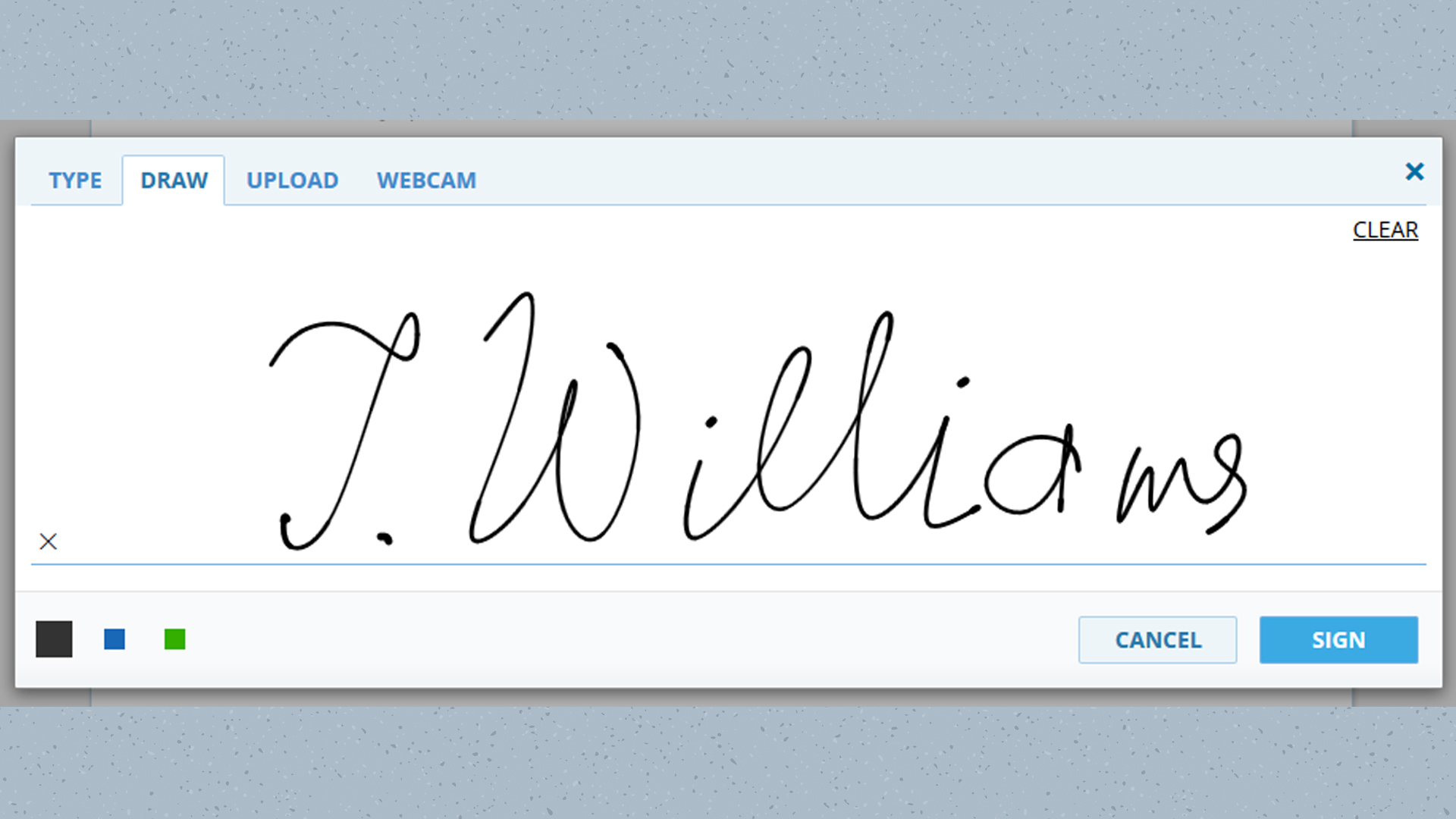Electronic Signature Myths and Facts
As digital transformation begins to affect all aspects of business life, it comes as no surprise that companies have been quick to adopt new technologies such as eSignatures and online signing that improve business workflows.

There are business leaders and digital transformation managers who still have some misconceptions about how eSignatures work. Some are even wondering whether they are legal or not.
So, are eSignatures legally binding? Actually, they are legally binding for nearly every business transaction in the US due to the ESIGN Act, in addition to other national laws worldwide where eSignatures are recognized.
Here are some of the other common electronic signature myths:
Even If Someone Signed a Document, I Can’t Prove It Wasn’t Forged
A trustworthy electronic signature solution ensures signer identification and document validation. On the one hand, a standard electronic signature is enough as the authentication verification includes methods such as email and password approvals, without involving a certificate. On the other hand, certain transactions require more advanced forms of authentication. For the latter, a trusted Certificate Authority (CA) issues a digital ID for the signer.
Implementing an Electronic Signature Solution Requires Technical Expertise
Another common myth is that adopting an electronic signature solution requires sophisticated technical expertise. Do you really need to be a “digital guru” to use them effectively?
Luckily, the usage of eSignature is simple and easy, so anybody who has a basic understanding of the Internet and owns a smartphone can effortlessly use them.

Organizations that have implemented DigiSigner have reported that employees found them very easy to use and became accustomed to the process immediately.
Esignatures Create Complexity in Court
This myth comes from the fact that coworkers often use the term ‘electronic signature’ to describe everything from somebody typing their name into an email to an official capture of the signing process.
The poor definition among employees has led many businesses to think that they can have workers email saying they agree to something, and then go to court and run into trouble. This example demonstrates how some cases have led certain people to be concerned about the actual usage of eSignatures.
However, the truth is — any legally binding electronic signature solution provides a full process capture. So, you shouldn’t be concerned about issues related to signatures holding up in court.
eSignatures Are Not Secure
The digital era has brought many advantages to the business sector. But, one of the major drawbacks is the worrying trend of hacker attacks. Hence the need to create a modern solution that is highly secure and trusted by companies.
Not only that electronic signature softwares are created to be the safest way to sign documents, but they can also limit waste and speed up company processes. To keep your information protected, different digital methods are used to secure documents such as SSL encryption and passcodes.
Almost all eSignature providers will protect your data with highly-secure standards. They will provide a certificate including unique document fingerprints, IP addresses of the signers, and timestamps to verify the audit trail.
At DigiSigner we have put in place some stringent policies to make sure you can send and sign documents online in a secure way and with peace of mind.
Sign up for your electronic signature free trial today.


